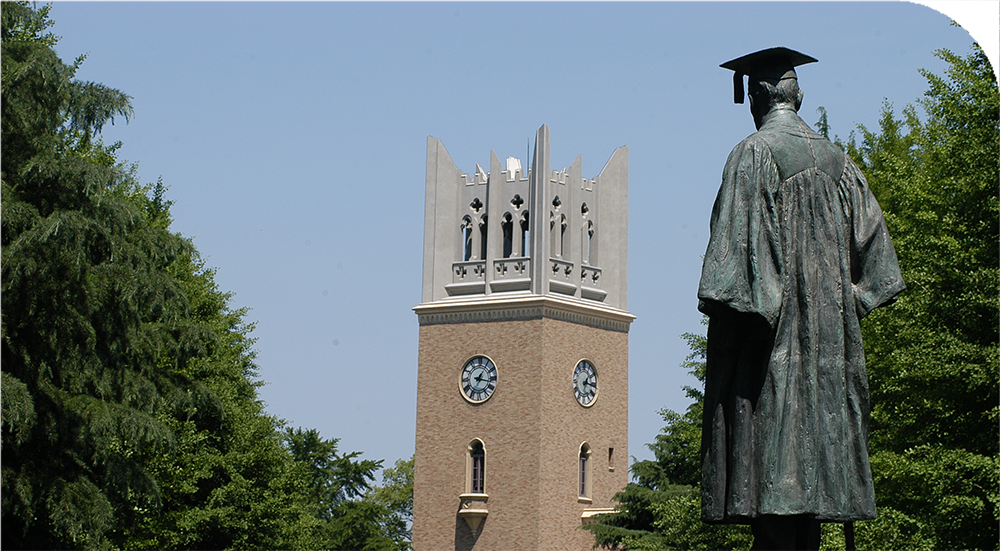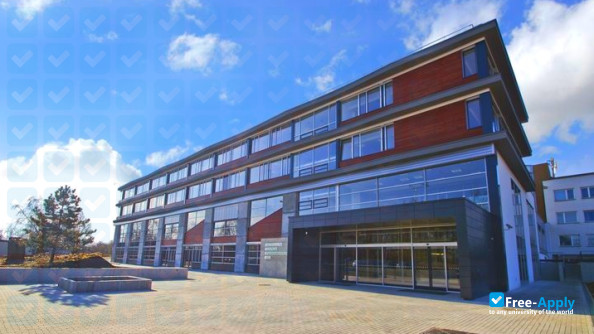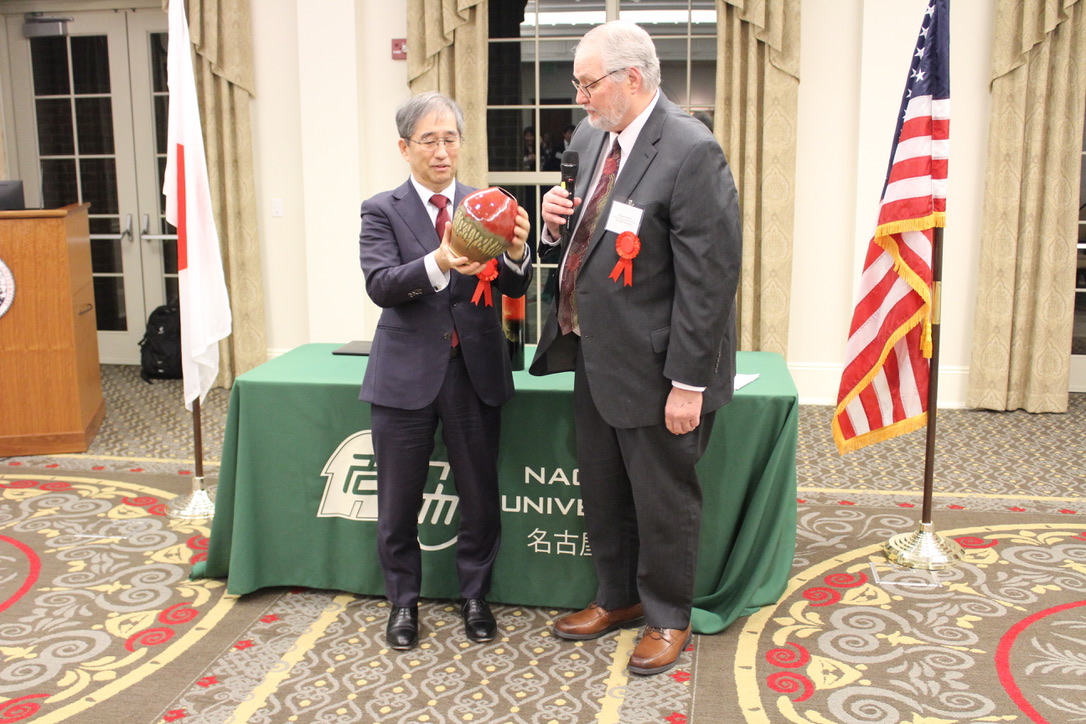Collaborative Online International Learning
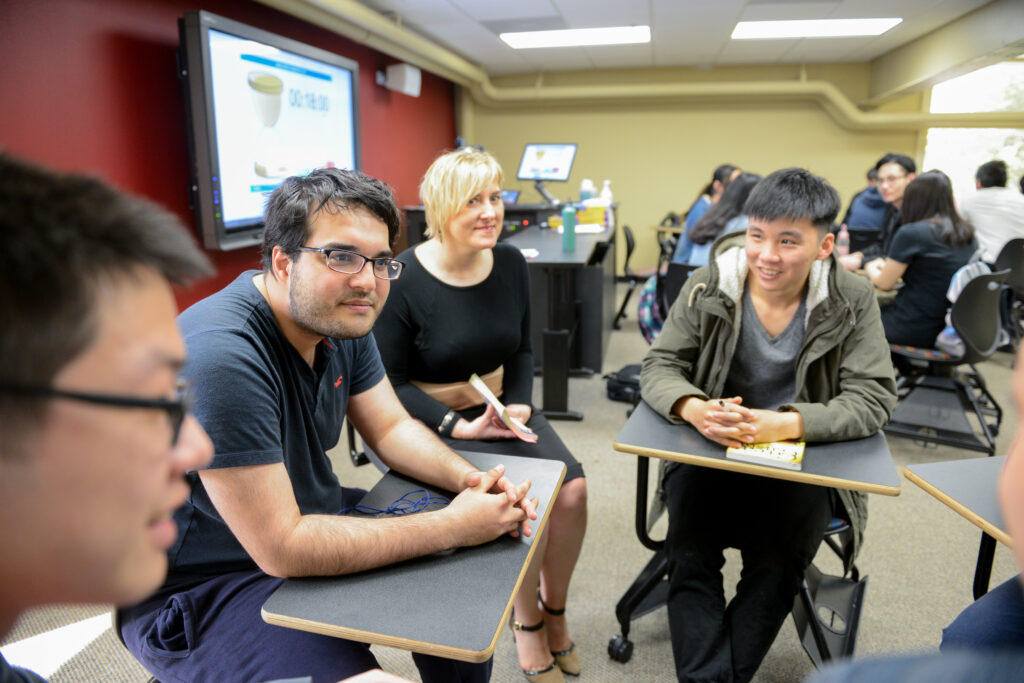
Collaborative Online International Learning (COIL) promotes virtual, interactive educational opportunities by connecting faculty and students through shared experiences across international borders. Other terms used in global education for similar initiatives include virtual exchange, global digital exchange, and telecollaboration. This page focuses on online global learning in the curricular context. For co-curricular global learning, please refer to the Student Engagement page.
In the COIL model, faculty from NC State and colleagues at institutions abroad collaborate on parts of their courses to incorporate educational activities that promote global learning and cultural competency. Examples of collaboration can range from shared components from course syllabi, cross-cultural dialogues and group projects, all the way to deep, full-semester partnerships.
How does COIL work?
Using internet-based technology (i.e. Zoom, Padlet, and other instructional tools), faculty from NC State pair with colleagues from colleges or universities abroad to identify shared learning objectives in similar or related courses where content may overlap. They may co-design a shared syllabus, or simply co-design a series of shared classroom sessions that emphasize experiential and collaborative student-centered learning. Students participate in sustained, deliberate interactions with their peers abroad, developing deeper cultural understanding.

Why COIL?
Students engage in small groups with peers from the partner institution to learn from each other and reflect on their perspectives as they complete shared projects. The goal is to create opportunities for professors and students to have meaningful international and intercultural learning experiences on their home campuses, with a secondary goal to motivate interest and foster self-confidence to participate in future study, travel, or work abroad.
Through virtual teamwork, participants build their intercultural communication and critical thinking skills—key competencies for effective global citizenship and employment. While the international component of the course takes place online, the individual courses may be fully online or may be blended with traditional face-to-face sessions taking place at both schools. The course is graded and credited through the enrolled student’s university.
Benefits of COIL
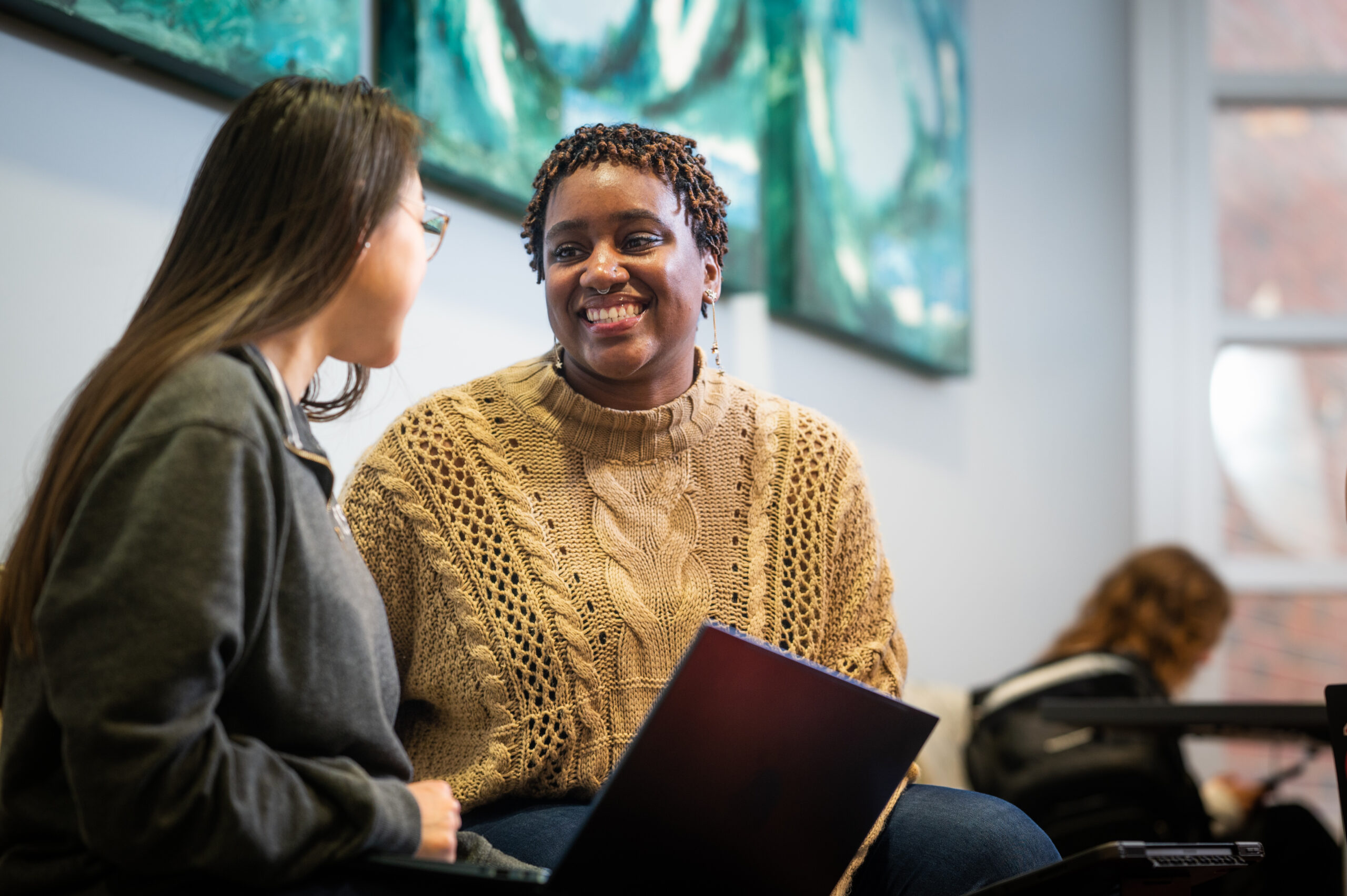
- Interactive format makes it more appealing to participate in class
- Provides real time global engagement with peers without leaving home.
- Increases accessibility to global learning for those who cannot or who have not previously considered travel abroad.
- Results from other institutions that incorporate curricular online global learning show that students are positively impacted by the experience.Using the Cultural Intelligence Scale (Ang et. al, 2007):
- Students demonstrated a 16.7 point increase in cultural intelligence after participating in this course, compared to an 8.2 point increase among students who had studied abroad without such a course and had started at a higher point on the scale.
- Although the course was not intentionally designed to encourage study abroad, and enrollments were not targeted to any group, students participating showed an overall 7.7 percentage point increase in the probability of subsequently studying abroad, including significant increases among first generation, Pell eligible, African-American, and Hispanic students.
For Faculty
- Increases student engagement in both course content and assignments due to the collaborative nature of the curriculum.
- Offers funding opportunities for curriculum development and implementation.
- Builds relationships with global partners that may lead to future collaboration in other areas, including research and grant funding.
- Supports Global Learning For All and the broader NC State Strategic Plan.
Below Dr. Makoto Kobashi from Nagoya University shares his experience about participating in a COIL-type course for the first time. Learn more here.
Getting Started
How do I get started?
Incorporating curricular online global learning into a course involves collaborating with a faculty member abroad. To begin:
- Review your course offerings and identify potential partners from your personal or research connections. Consider your international travel or exchanges with visiting faculty from abroad. Existing relationships will be the easiest to build upon.
- Need contacts? NC State Prague and the NC Japan Center can assist in making connections in the Czech Republic and Japan.
- Additionally, the Office of Global Engagement collaborates with institutions throughout the world on a variety of educational, outreach, and research focused projects. Explore our Global Partners Database to learn about the 130+ connections we have worldwide.
Next Steps?
Once you have identified and connected with an international partner, consider how you will most effectively incorporate COIL into each of your courses. To start:
- Identify areas of overlap with your course and that of your colleague. Can you offer a full semester of shared learning and interaction, or is a smaller-scale collaboration of several sessions a better fit? Even an exchange of guest lectures is a great starting point for building collaborative relationships that may lead to more interactive opportunities in the future.
- Student interaction between the two classes (one at NC State, and one at an international institution), should preferably be synchronous. Time zone considerations will be critical here. One option is to make these sessions part of an “international experience” for your class and not tied to the regular meeting times to allow for time differences. Encourage students to connect asynchronously outside of class time.
- Activities of successful COIL programs often include:
- “Icebreaker” session: the scope and expectations of the interaction are explained, group assignments are made, and everyone can get to know each other through macro or group-level activities.
- Shared materials: both cohorts should have access to the same shared learning materials for their collaboration; these can take the form of articles, lectures, TED talks, and so on.
- Measurable outcome: your collaborative learning objectives should have some kind of deliverable (i.e. project, presentation, problem solving, lab completion).
- Contact us at ncstateglobal@ncsu.edu for further questions
